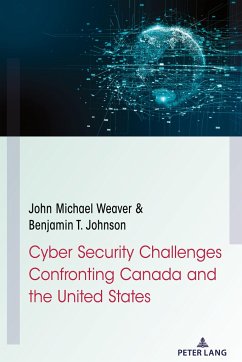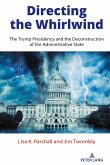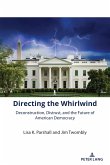This study turned the tables on a conventional understanding of the four instruments of national power (diplomacy, information, military and economic measures/D.I.M.E.) to see how potential adversaries could use these against the national security interests of Canada and the United States. Moreover, this particular work focuses on qualitative research regarding cyber threats that have continually beleaguered these nations by malevolent actors mostly over the last five years. This study also affords consideration to how nefarious individuals, non-state actors, or nation states can implement the instruments of national power through the application of a new model named the York Intelligence Red Team Model-Cyber (YIRTM-C) using sources guided by the Federal Qualitative Secondary Data Case Study Triangulation Model to arrive at results.
"Information is the core asset that ties a nation's diplomatic, military, and economic capabilities together. Today's cyber technologies allow greater collection, analysis, and dissemination of that information than at any point previously in human history. The complexity of this new Cyber Domain allows for a tremendous increase in speed and capability, while also introducing new challenges that must be addressed. The barrier to entry for malicious actors, whether nation states or non-state actors, to commit harm against their enemies has been dramatically lowered. It has never been easier to commit harm to the interests of a nation and its people without the need for personal, physical risk than right now. Cyber Security Challenges Confronting Canada and the United States encapsulates the complexities of these challenges as they pertain to Canada and the United States. The authors examine how the Cyber Domain now influences and shapes those nations' diplomatic, military, and economic policies. They define the new cyber domain in which nations must now operate, and illustrate various threats and risks to Canadian and U.S. interests. Also, they propose a new analytical model with which to examine these risks, and determine policy meant to mitigate them. This book is a must-read to help one understand the complexities of the cyber domain, and how it now helps shape and define policy." -Robert Hunter, Cyber Forensic Examiner, Department of Defense Cyber Crime Center (DC3)








